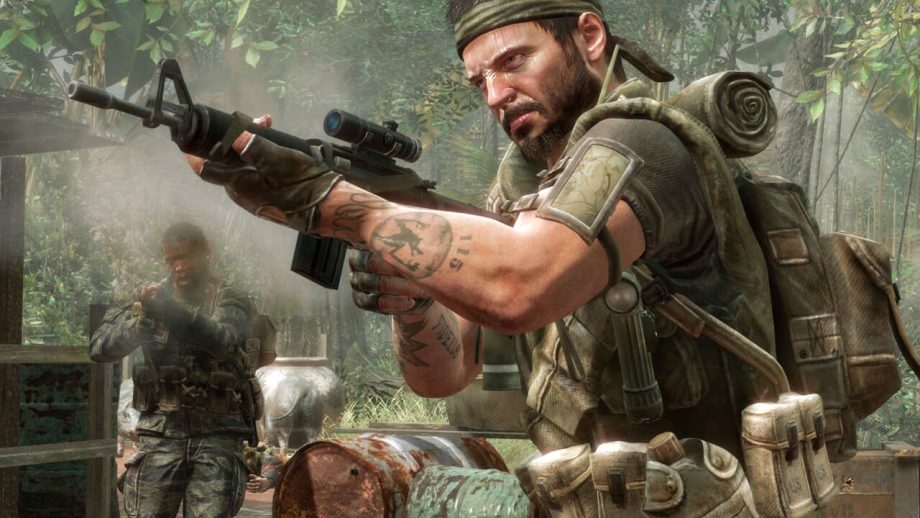November 9, 2025 marks the 15-year anniversary of Call of Duty: Black Ops’ release. Below, we look at how it departed from previous Call of Duty campaigns and defined developer Treyarch’s contributions to the franchise going forward.
During the infancy of Activision’s Call of Duty franchise, Treyarch was the other Call of Duty studio. Comparisons between Treyarch and series creator Infinity Ward were common on internet forums, and a general sentiment among fans and even some industry figures was that the former was the franchise’s “B-team.”
Treyarch’s 2006 game Call of Duty 3 was a competent World War II shooter, but it was quickly overshadowed the following year by Infinity Ward’s Modern Warfare–a downright revolutionary game that set a new standard for first-person shooter campaigns and online multiplayer modes. Treyarch’s subsequent game, 2008’s World at War, threw the series back in time and mostly played like a World War II re-skin of Modern Warfare.
In 2010, Treyarch made a sharp turn with Call of Duty: Black Ops, shifting the studio–and the franchise as a whole–toward an entirely new direction.

For the first time, Call of Duty ventured into a new historical period, with the Cold War era offering Treyarch several thematic and storytelling opportunities to explore. Rather than telling another boots-on-the-ground story of soldiers in the trenches, Treyarch opted to craft a complex espionage thriller, breaking conventions that previous games in the series established.
Unlike the usual passive and silent protagonists in Call of Duty, Black Ops’ Alex Mason was fully voiced, and the campaign centered entirely on his personal journey. Mason faced Fidel Castro and John F. Kennedy–unusual for the series at that point, which avoided depicting real-life historical figures.
The bulk of the nonlinear story of Black Ops (which is technically a World at War sequel) focuses on Mason attempting to piece together his scattered memories, a result of brainwashing by the game’s villains. We see his distorted perspective on events, placing us in the role of an unreliable protagonist, and it’s unclear through his eyes what’s real and what isn’t–for once in Call of Duty, we as the player question the reality of what we see through the main character’s eyes.









